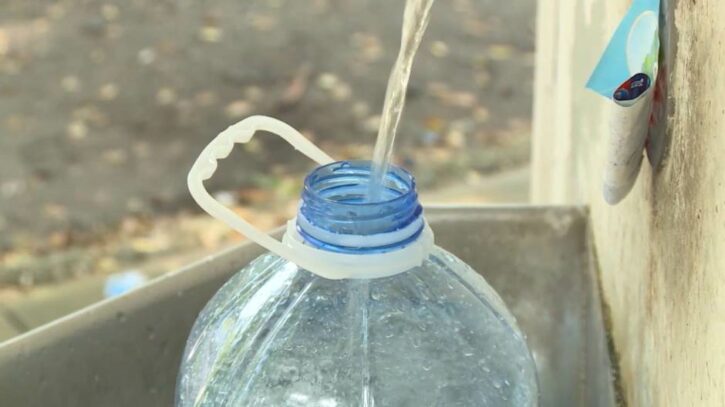
The Western Balkan countries will need to invest billions of US dollars in the coming years to protect their populations and assets from the impact of climate change, according to the World Bank's new Climate Change and Development Report (CCDR) published on Wednesday.
Oglas
World Bank analysts estimate that this will require at least $37 billion over the next decade, focusing on a fundamental shift towards renewable energy sources.
The World Bank is actively assisting countries in limiting greenhouse gas emissions and building resilience against extreme weather events. The goal is to direct 45% of its financing towards climate activities by 2025, with funds evenly split between mitigating climate change and adapting to it. In the fiscal years 2023 and 2024 alone, the World Bank has allocated nearly $1.2 billion for climate activities in the Western Balkans.
The bank stresses that effective action can bring enormous benefits to the Western Balkans, which include Albania, Bosnia and Herzegovina, Kosovo, North Macedonia, Serbia, and Montenegro. These investments would help prevent the loss of lives, property, and productivity while accelerating economic growth.
Inaction is not an option for the region, the report warns, highlighting that the region is already severely impacted by climate change. Over the past decade, floods have directly affected two million people, and with increasingly extreme rainfall, the consequences are set to worsen. Forest fires are also a growing threat, with over 1,500 recorded in 2021, a 21% increase from the previous decade. Additionally, droughts are negatively affecting agricultural production, and heat waves are contributing to air pollution, causing thousands of premature deaths annually in the Western Balkans.
Xiaoqing Yu, the World Bank's Director for the Western Balkans, stated that the necessary investments bring multiple benefits.
"By preparing for climate hazards, we can save lives, safeguard local communities, and stimulate economic growth," Yu said, estimating that for every dollar invested in these initiatives, the return is approximately four dollars.
Western Balkan countries are especially expected to reduce greenhouse gas emissions to remain competitive, enhance energy security, and attract foreign investments. Achieving climate neutrality by 2050, in line with European Union goals, would require an additional $32 billion investment.
The World Bank estimates that greenhouse gas emissions could be reduced to zero by 2050 if solar, wind, and hydroelectric power plants could produce more than 95% of the total energy, significantly higher than the current one-third.
Additionally, the decarbonisation of the building sector through investments in energy efficiency and a deep transformation of the transport sector are necessary.
Više tema kao što je ova?
Kakvo je tvoje mišljenje o ovome?
Učestvuj u diskusiji ili pročitaj komentare
Oglas
Kakvo je tvoje mišljenje o ovome?
Učestvuj u diskusiji ili pročitaj komentare
Oglas





 Srbija
Srbija
 Hrvatska
Hrvatska
 Slovenija
Slovenija



























































